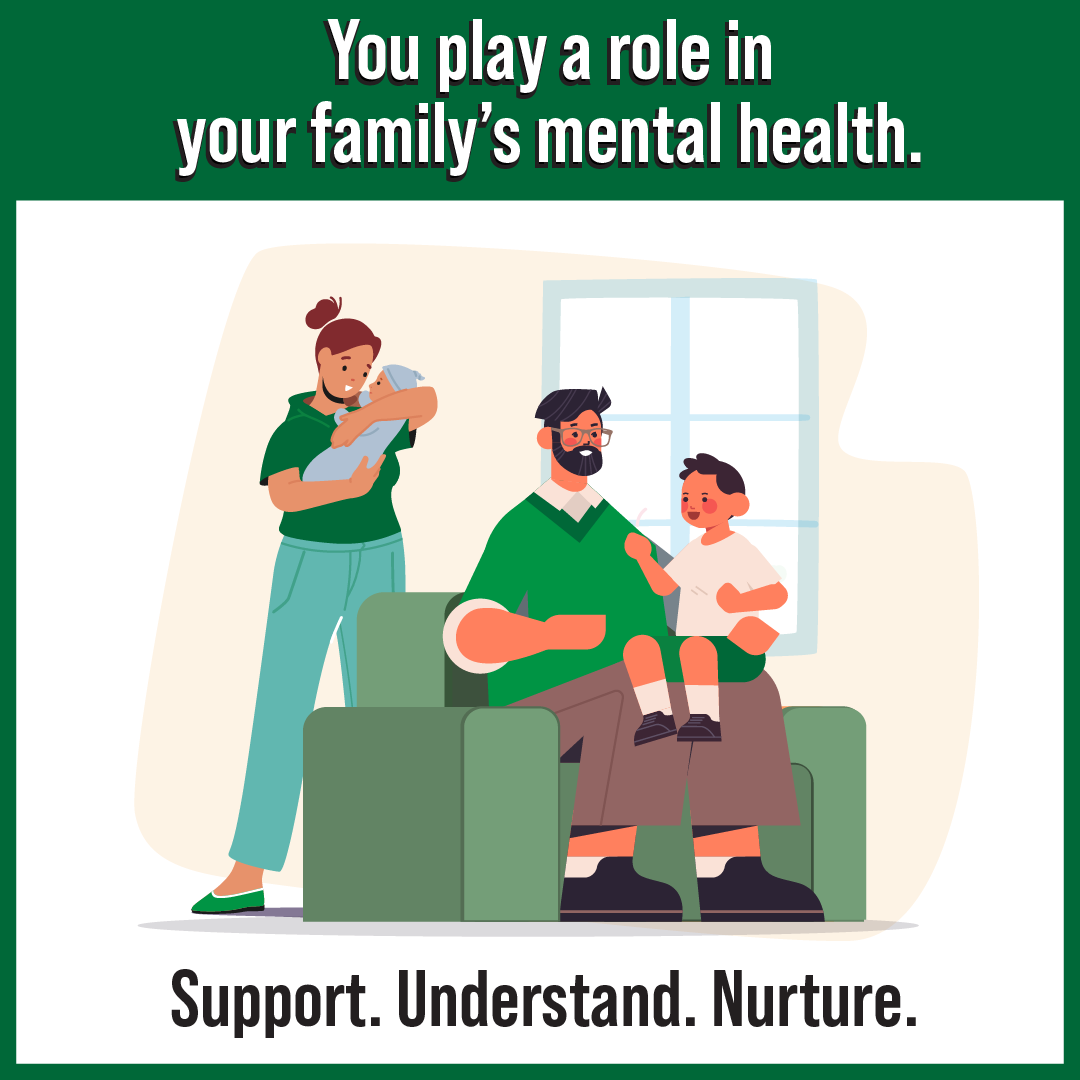Laying the Groundwork for Lifelong Mental Wellness in Children
As we enter Week 2 of Mental Health Awareness Month (May 4–10), the spotlight shifts to one of the most important—and often most vulnerable—populations: our children. The mental health of children and teens is foundational to their future. The experiences, support, and coping skills developed in childhood shape not only emotional resilience but also lifelong patterns of well-being.
Why Children’s Mental Health Matters
According to the Centers for Disease Control and Prevention (CDC), up to 1 in 5 children in the U.S. experience a mental, emotional, or behavioral disorder each year. These conditions—ranging from anxiety and depression to ADHD and trauma-related issues—can interfere with learning, relationships, and overall development.
But here’s the good news: early intervention works. Children’s brains are highly adaptable, and when we support their mental and emotional health early, we set them up for healthier futures.
Creating Supportive Environments
The foundation of mental wellness begins at home, school, and in the community. Children thrive in environments that are consistent, nurturing, and responsive. The American Academy of Pediatrics (AAP) emphasizes that strong emotional bonds with caregivers, structure, and positive reinforcement are key to healthy development.
Here’s what that can look like:
Encouraging open conversations about feelings
Offering empathy instead of punishment during moments of distress
Modeling healthy coping strategies
Setting boundaries with love and consistency
In schools, mental health can be supported through social-emotional learning (SEL) programs, access to school counselors, and fostering inclusive environments where every child feels seen and valued.
Teaching Emotional Skills Early
Children aren’t born knowing how to cope with big emotions—they learn by watching and through direct teaching. When we teach kids emotional literacy (naming and understanding their feelings), self-regulation, and problem-solving, we equip them with tools for managing life’s ups and downs.
Simple ways to build coping skills in children:
Practice deep breathing or mindfulness exercises together
Use storybooks to talk about emotions
Encourage journaling or drawing for self-expression
Praise effort, not just outcomes
Help them label feelings (e.g., “It seems like you’re feeling frustrated—do you want to talk about it?”)
Recognizing Early Signs
Mental health conditions in children don’t always appear the way they do in adults. Warning signs can include:
Persistent sadness or irritability
Withdrawal from friends or activities
Sudden changes in school performance or behavior
Sleep or appetite changes
Excessive worry or fear
Trust your instincts—if something feels “off,” it’s okay to seek professional guidance. Early intervention can significantly improve long-term outcomes (National Institute of Mental Health, 2022).
The Role of Physical Health and Routine
Mental and physical health are deeply connected. Regular movement, outdoor play, healthy eating, and consistent sleep routines all support emotional regulation and brain development. The CDC reports that physical activity helps reduce symptoms of depression and anxiety in children.
We All Have a Role to Play
Whether you’re a parent, teacher, coach, or neighbor, you have the power to positively impact a child’s mental wellness. Being a safe, consistent presence in a child’s life—someone who listens, affirms, and encourages—can help them develop the resilience they need to thrive.
Let’s work together to ensure our children grow up with the tools, support, and confidence to prioritize their mental health—now and for the rest of their lives.
If you or someone you know is facing challenges related to mental health or addiction, please remember that you’re not alone—help is available. Counseling in the Holler LLC offers support for individuals in Kentucky, including children and adolescents aged 7-17, as well as adults aged 18 and older. Don't hesitate to reach out for assistance.
Resources:
CDC – Children’s Mental Health: www.cdc.gov/childrensmentalhealth
NIMH – Child and Adolescent Mental Health: www.nimh.nih.gov/health/topics/child-and-adolescent-mental-health
American Academy of Pediatrics – Mental Health Initiatives: www.aap.org
SAMHSA – Children, Youth, and Families:www.samhsa.gov







